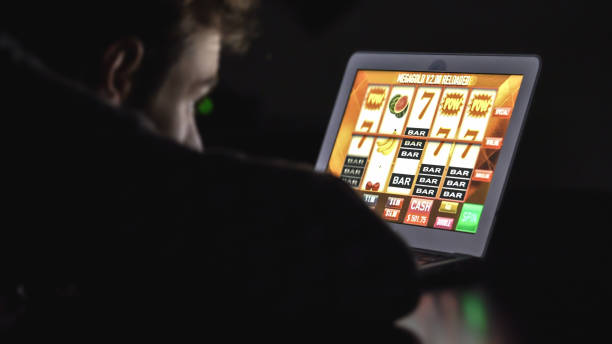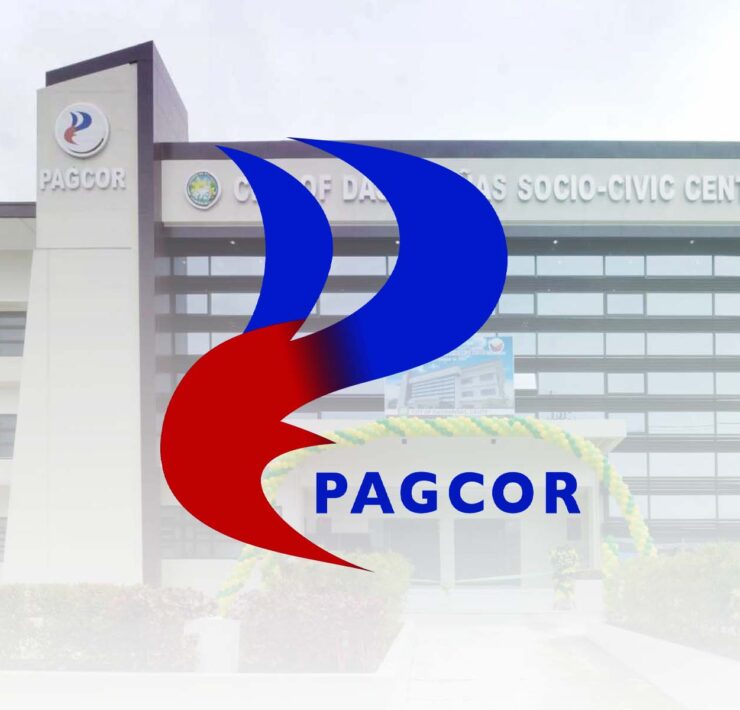DigiPlus stocks bounce as gaming firm unveils P6-B buyback program

Former stock market darling DigiPlus Interactive Corp.’s P6-billion share buyback program is seen to be the key to win back investors after last week’s free fall, although regulatory risks still loom.
In a stock exchange filing on Monday, the operator of BingoPlus said its board of directors had approved the share repurchase program, affirming the company’s “firm confidence in DigiPlus’ long-term growth and solid fundamentals.”
“By strategically deploying our capital through this buyback, we are sending a clear signal that DigiPlus is committed to delivering sustainable returns for shareholders while remaining well-positioned to pursue expansion and innovation,” DigiPlus chair Eusebio Tanco said in their disclosure.
Jeri Alfonso, equity research analyst at Unicapital Securities Inc., pointed out that this could provide investors “a much-needed confidence boost.”
“The timing couldn’t be better, especially now that the stock is in the oversold territory and looking for a technical bounce,” Alfonso told the Inquirer in a text message.
China Bank Capital Corp. managing director Juan Paolo Colet also said the move would stabilize DigiPlus’ stock price and “curb negative investor sentiment in the immediate term.”
Companies typically buy back their shares when they see that the market is undervaluing their stocks and to display confidence in their long-term growth.
Investors took the news well as DigiPlus’ shares rallied by 14.58 percent to close at P33.80 each on Monday. Still, it can be noted that its price has plummeted by 35 percent since the beginning of the month.
On July 1, Sen. Sherwin Gatchalian announced the filing of a bill proposing stricter regulations on online gaming, including a minimum top-up threshold of P10,000 and prohibiting e-wallet platforms like GCash and Maya from acting as payment platforms.
‘Shielding the poor’
The lawmaker said these were meant to discourage gambling among poor households, especially since these platforms made it easier to access online gaming websites. The legal age for gambling may also be raised to 21 from 18 currently to minimize early exposure.
Should the bill be signed into law, Alfonso warned that it could deal a big blow to both DigiPlus and Bloomberry Resorts Corp., which has only recently entered the online gaming scene via MegaFUNalo.
“[Bloomberry] could feel more pain especially since it’s just starting its e-gaming operations and has already poured in significant investment in their platform,” she said.
At the same time, she pointed out that some gamblers typically invest amounts higher than the proposed threshold of P10,000, meaning the cap may not significantly affect high-value players.
“If that holds true, the impact on overall betting volume may not be as severe as initially feared,” Alfonso said.
DigiPlus’ upcoming Brazil launch is also seen to soften the impact of the proposed law, especially if its domestic market growth slows.
The company more than doubled its profit in the first quarter to P4.2 billion thanks to its flagship games—BingoPlus, ArenaPlus and GameZone—that continued to attract patrons.
This is higher than the P3.3 billion earnings of Bloomberry, which operates the brick-and-mortar Solaire casinos and has explicitly expressed its interest in competing with DigiPlus.





















